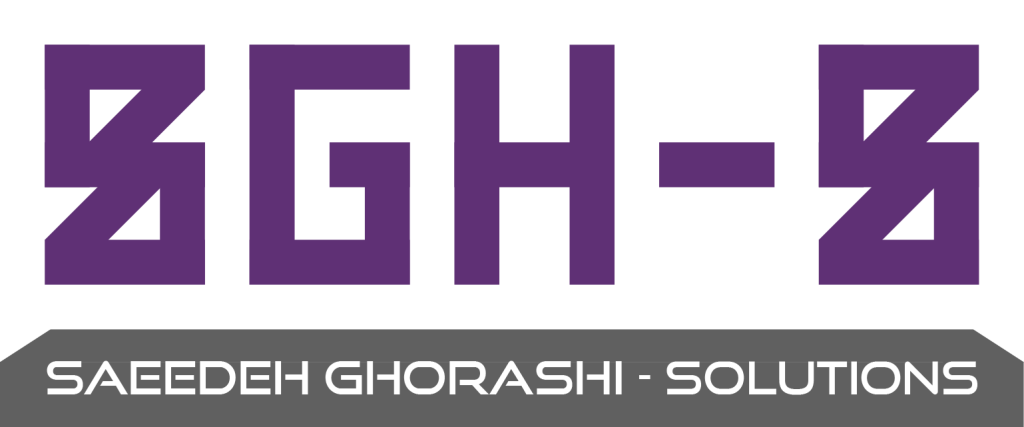Toward a Gamified Tourist Smartphone-app to Increase “Slow Tourism” ImpactTowarda Gamified Tourist Smartphone-app to Increase “Slow Tourism” Impact
“International Serious Games Symposium 2023”- The “International Serious Games Symposium 2023″ has been listed in the conferences supported by the IEEE Xplore citation database. · Dec 28, 2023″International Serious Games Symposium 2023”- The “International Serious Games Symposium 2023” has been listed in the conferences supported by the IEEE Xplore citation database. · Dec 28, 2023
This paper presents an innovative approach to promoting sustainable tourism through the design of a gamified mobile application, “SLOX,” which stands for “Slow” and “Experience.” Situated in the context of Rasht, the capital of Guilan province in Iran, this application leverages gamification tactics to encourage environmentally responsible travel and foster the principles of slow tourism. The app’s development is rooted in an analytical exploration of slow tourism’s foundational concepts, including slow movement, slow food, slow experiences, and local accommodation, thereby offering a comprehensive framework for sustainable tourist engagement in urban settings.
The novelty of this research lies in its theoretical and practical integration of gamification with slow tourism, a relatively unexplored area in the realm of tourist applications. By applying gamification strategies, SLOX aims to motivate users towards targeted behavioral changes, emphasizing a deeper cultural engagement and environmental sustainability. This approach not only enhances the tourist experience in Rasht but also aligns with the city’s environmental and cultural preservation goals.
The methodology involves a two-step analytical process. Initially, delving into the core aspects of slow tourism and subsequently applying these insights to develop a gamified, participatory mobile application. This app is designed to be user-centered, promoting eco-friendly choices and immersive local experiences.
Practically, SLOX serves as a model for other cities experiencing similar challenges in managing tourism growth sustainably. Its design and functionality demonstrate how digital technologies can be effectively utilized in urban tourism management, contributing to the broader discourse on sustainable urban development and technology’s role in facilitating responsible tourism practices.
